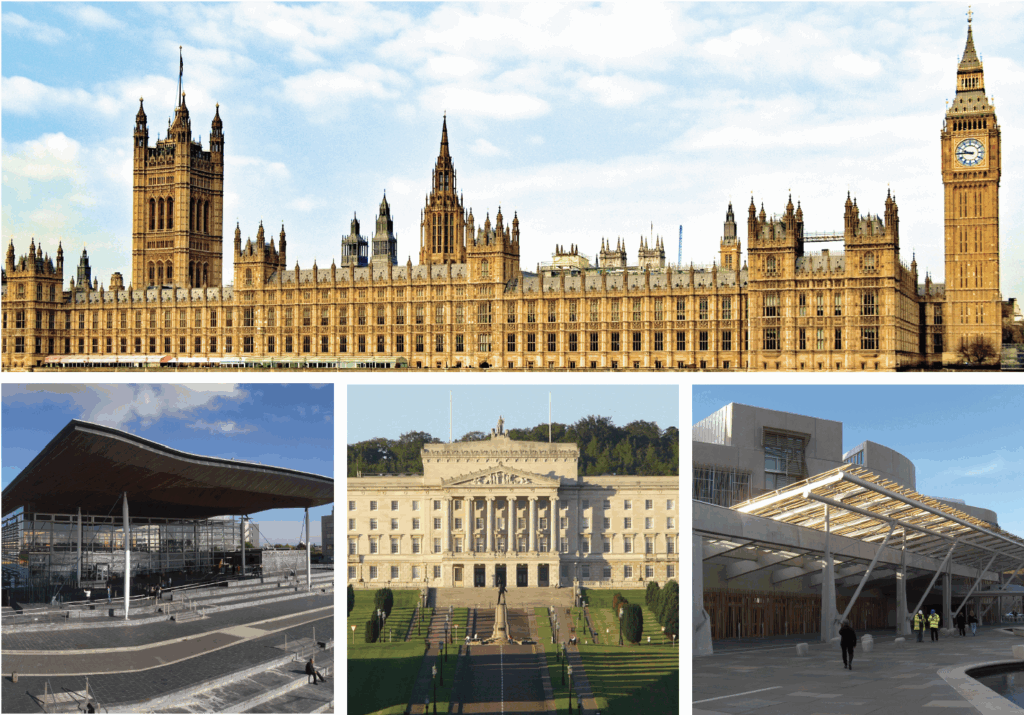Mike Parker says May’s General Election result has thrown a curveball at the renewable energy industry in Wales.
From a UK perspective, renewable energy in Wales has been dwarfed by activity in Scotland and even England. There are many reasons for this including consenting systems that have appeared from my perspective not to support development and which seem to cost twice as much and take twice as long as they do in other parts of the UK.
Many in industry also feel that political leadership on renewable energy issues has been cowed by a vocal, yet tiny minority, of articulate antis, and that splitting the energy portfolio between two Ministers – albeit each extremely capable in their own right – does not provide the coherent and strategic approach that is so desperately needed.
There are also systemic problems with the Welsh grid infrastructure which need to be addressed. At every scale of project the lack of availability of grid and the cost of new connections is a barrier to development. I’m sure, in many places in Wales, lack of distribution capacity is also preventing businesses from investing in new manufacturing facilities.
With the exception of Offshore Wind and Tidal Lagoons, Wales has been playing catch-up and the Welsh onshore wind development pipeline is generally less well progressed than it is in Scotland and England. By this I mean Wales has, relatively speaking, consented and built fewer wind farms than other parts of the UK. Reports commissioned by Renewable UK Cymru and the Welsh Government in January 2013 indicated that delivery of 2,000 MW for onshore wind in Wales by 2025 could contribute £2.3 billion of GVA to the Welsh economy.
Onshore wind is cost-effective, it is the cheapest tried and tested form of renewable energy and if we assume, as Government policy does, that low-carbon energy is needed to help address climate change then it seems crazy not to include it as part of the energy generation mix.
In playing catch up, I would argue that Wales has the opportunity – should it wish to take it – to do things better. Bigger more efficient turbines could lead to reducing subsidies. Shared ownership could democratise energy production so that everyone who wants to can own a share of a wind farm. Procurement and community Investment that really will make a real-long term difference to local communities and businesses. So potentially onshore wind offers a tremendous transformational opportunity for Wales.
But.. Just as the Renewable Energy Industry in Wales thought things were going to get better with changes to the planning system, a more responsive Natural Resources Wales and a renewed interest in energy matters in Cardiff, the unexpected general election result in May threw us a curveball (although it feels like a kettlebell). Conservative manifesto pledges to end subsidy for new onshore wind, coupled with the recent announcement of the early closure of the Renewables Obligation subsidy mechanism, threaten future inward investment into Welsh onshore wind projects and the potential for increased jobs, growth and wealth that these projects represent over their lifetimes.
Rightly or wrongly these are decisions being taken in Westminster and not Cardiff, but they have the potential to affect projects in Wales, staff based in Wales, funding of Welsh community projects and Welsh supply chain businesses. Capital that might have come to Wales will go elsewhere in the world. If Cardiff wants the benefits onshore wind can bring to Wales it is critical that it makes itself heard in Westminster.
Looking ahead, we have a year until the Welsh Assembly elections and during this year I believe energy and in particular the future of renewable energy in Wales will be a major discussion point amongst businesses and politicians. There are many questions to consider: What are the priorities? What energy mix does Wales want? What is the future for renewable energy in Wales? What role for community energy? Do devolution proposals go far enough? Does Wales need a Minister for Energy and Climate Change? How can Wales do things better?
The answers to these questions will affect every single person who pays an energy bill in Wales, pretty important questions really. It’s right that Wales has these discussions now.






Comments are closed.